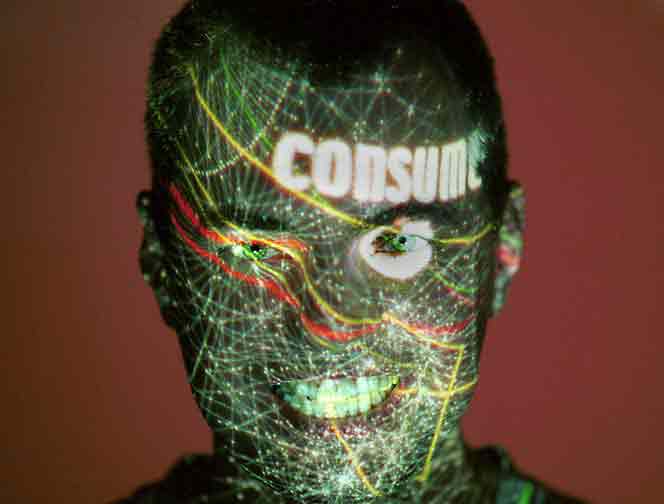I mentioned Julia Hildebrand in an earlier post about my attempts to work out how to be raise my profile online without using proprietary platforms. Julia is a friend and has been helping me think through this, she has now a great post about her initial thoughts on the project here:
https://medium.com/@mediastico/what-is-open-source-again-e58f169a288f
A nice sample of quotes that sum up her thoughts:
I was excited when Diaspora came out, offering an alternative to Facebook, because I loved the way they were promising to give me control over my own database, as a user. I created an identi.ca account, wondering where that would go and hoping those platforms would attract enough users to be able to compete so that I could make the switch to the good side.
…
Now I’m sitting here, my three Apple devices in front of me, Facebook and Twitter open in the browser all day, publishing this post on Medium.
Why? Because I know where success happens on the internet. Where you promote your ideas and products. I know that this is how we stay part of the club of the internet connoisseurs, how we keep up with the Silicon Valley mentality of constant growth, may it be our personal or our organisation’s growth, right? This is how the internet works. This is what the internet is now: Apple, Facebook, Twitter, Google, Medium, closed platforms. This is the internet we built and wanted.
Her position reminds me of the dismay Lee de Forest expressed after the FCC commercialized radio:
What have you done with my child? You have sent him out on the street in rags of ragtime to collect money from all and sundry. You have made of him a laughingstock of intelligence, surely a stench in the nostrils of the gods of the ionosphere.
Lee de Forest was a self-proclaimed ‘father’ of radio, holding a place in some people’s minds perhaps not too dissimilar to how people now see Tim Berners-Lee. Lee (de Forest) felt that the FCC move to allow the sales of advertisements on radio would spell the end of the communication medium he loved. He was right. I worked in radio for many years in the 80s and 90s and the only places you weren’t driven by ratings and the messaging of your sponsors was in small independent stations (like those I managed). The rest of the scene was ugly.
It is lamentable that the World Wide Web has followed the same path to become the commercialised platform that it is today. I remember Dutch theorist and friend Geert Lovink once telling me in the late 90s that the internet we knew then would be reduced to a ghetto. The implication being that we would eke out an existence in the corners of the net, and the ‘super highway’ would be reserved for the carrying of commercial traffic. I thought that position was wrong at the time. It seemed unfathomable that this newly found freedom could be taken away. I had just left radio for this new free media. The sense of freedom could make one feel giddy. At the time I remember, for example, the open wireless movement in London -consume.net – started by another buddy, James Stevens.

Wifi was taking off, and by default, the routers were sold and installed open. It was taking off and I couldn’t imagine a day when even some of the open wifi routers in my apartment building in London would be closed…it didn’t take too long to soon realise that media freedom could be taken away by regulation and commercialisation, and the green open pastures could be closed and zoned for commercial use only.
So, I agree with Julia. We have come the wrong way. It was foreseeable, although I didn’t see it coming until too late, and it is regrettable. Now I feel the need to eke out my part of the ghetto and make it somewhere I want to be.
